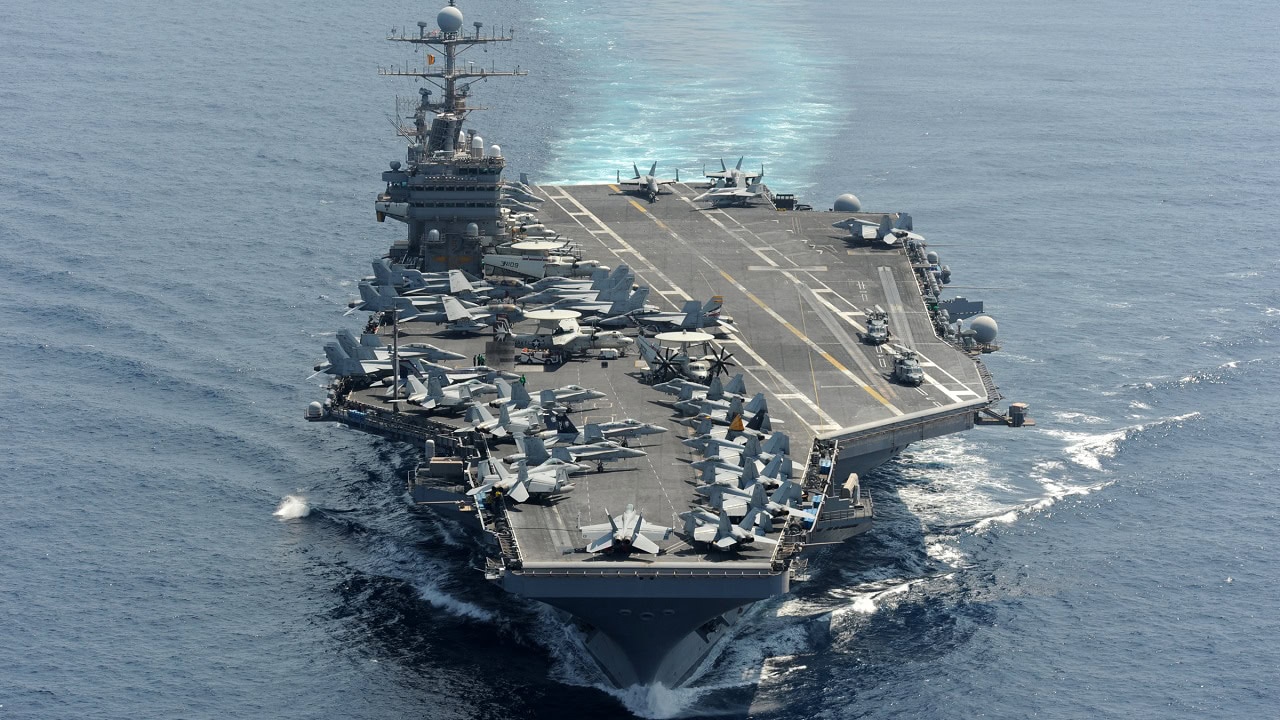Nancy Pelosi did not need to go to Taiwan. But having publicly broached the possibility of alighting in Taipei during her tour of Asian capitals, she must go. Otherwise, the U.S. House speaker will appear to have quailed before the bombast issuing from Chinese Communist Party (CCP) officialdom since the news broke that she might visit President Tsai Ing-wen.
Pelosi would lose face were she to relent now. And America would lose face not just with China, but with allies and friends, by association. Its standing in the Indo-Pacific would suffer.
Which is doubtless what Beijing wants to bring about through its huffing, puffing diplomacy. Never forget that the CCP regards peacetime diplomacy as war carried on through other means. The party wages “three warfares” on a neverending, 24/7/365 cycle, striving to shape the political and strategic environment in its favor through psychological, media, and legal means. It hopes bluster will deter the speaker from carrying through with her plans. One party-affiliated reporter, Hu Xijin, has even tried to define the visit an “invasion” of China, and espoused the use of violent force should U.S. fighters escort her plane to Taiwanese airspace.
And indeed, in recent months, the People’s Liberation Army (PLA) has displayed an increasing penchant for deploying violence to help Beijing get its way.
In late May, for instance, a Chinese J-16 fighter jet intercepted an Australian P-8 reconnaissance aircraft over the South China Sea. During the intercept, the PLA pilot crossed close in front of the Australia plane and released chaff into its engines. A plane that deploys chaff discharges clouds of reflective material—typically including aluminum or aluminum-coated fibers—to fool hostile radar. Using it at close range is a big deal; ask any aviator. Before flight operations on board aircraft carriers, for instance, the crew turns out on the flight deck to conduct a “FOD walkdown,” meaning sailors pick up small bits of debris that might cause “foreign object damage” if sucked into a delicate turbine whose innards are whirling around at extreme speed.
Foreign object damage could bring down an aircraft if severe enough. It’s understandable why Canberra remained circumspect following the incident—after all, the aircraft and crew survived—but Australian leaders would have been within their rights had they branded the incident an armed attack. Hotdogging around a foreign plane is bad enough. Deliberately inflicting damage that could bring it down constitutes aggression of a higher order. China’s “gray-zone” operations involve deploying all means short of violent force to make geopolitical gains bit by bit. This murky approach puts the onus on China’s opponents to pull the trigger first, and bear the blame for the outbreak of war. Or to desist from opposing China’s will, and surrendering their interests.
Increasingly, though, PLA commanders seem comfortable flirting with initiating the use of armed force. If so, they could set in motion an escalatory dynamic that carries grave repercussions. China may be emerging from the gray zone.
How should the speaker and her entourage proceed should they follow through with the Taiwan visit? In a backhanded way, I agree with Hu Xijin. Pelosi’s aircraft should go without fighter escort, much as cargo aircraft made their way to strife-torn, starving Berlin without escorts during the Berlin Airlift of 1948-1949. The Truman administration made a conscious decision not to supply fighters, rightly judging that Soviet leader Josef Stalin would blanch at an act of naked aggression such as shooting down unarmed aircraft on a humanitarian mission. Washington dared Moscow to prove it wrong.
The parallel is inexact, like all historical parallels. But in all likelihood CCP general secretary Xi Jinping will exercise the same sensible restraint today that the Soviet strongman exercised in 1948. After all, ties between the U.S. Congress and the Republic of China are nothing new. If it goes ahead, Pelosi’s Taiwan visit will not mark some radical departure from past practice. All you have to do is venture out to the Pell Center for International Relations and Public Policy here in Newport. Among other things the Pell Center houses a reproduction of the late Rhode Island senator Claiborne Pell’s office. Even a passing glance at the foreign awards and decorations festooning the office bears witness to Pell’s relationship with Taiwan. He would have found it hard to stand had he worn them all at the same time! And Pell was far from alone in Congress as a friend to the island. Support from lawmakers is bipartisan, widespread, and evidently sincere.
So is the Chinese Communist Party really spoiling for a fight over a Pelosi Taiwan visit? I hope not, but we may soon find out. Over to you, Xi.
A 1945 Contributing Editor writing in his own capacity, Dr. James Holmes holds the J. C. Wylie Chair of Maritime Strategy at the Naval War College and served on the faculty of the University of Georgia School of Public and International Affairs. A former U.S. Navy surface warfare officer, he was the last gunnery officer in history to fire a battleship’s big guns in anger, during the first Gulf War in 1991. He earned the Naval War College Foundation Award in 1994, signifying the top graduate in his class. His books include Red Star over the Pacific, an Atlantic Monthly Best Book of 2010 and a fixture on the Navy Professional Reading List. General James Mattis deems him “troublesome.” The views voiced here are his alone. Holmes also blogs at the Naval Diplomat.

